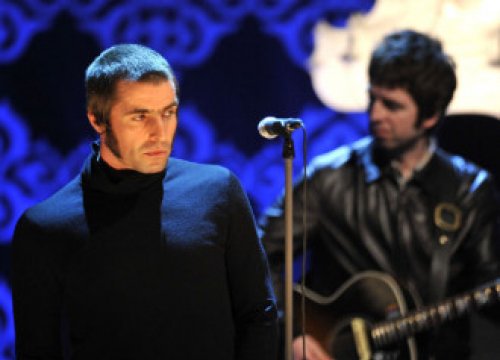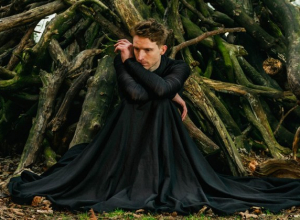The Discreet Charm Of The Bourgeoisie Review
Buñuel's cheerful blasphemy was, as you can imagine, shocking, but his commitment to relaying narrative through free-associative, non-linear images - his commitment, that is, to the Surrealist creed that raged among Parisian artists - was seen by many to be as grave an affront. Audiences grew hostile, it seems, when, in Buñuel's films, livestock lounged about in the beds of debutantes or miffed gamekeepers shot and killed children to blow off steam. Buñuel, who was a Spaniard, suffered a more concrete hardship when Fascists took power in Madrid in 1938; he eventually settled in Mexico in 1946, returning to Spain in 1961 where General Franco banned his first new film, Viridiana, just as hurriedly as the jury at Cannes awarded it the Palme d'or. And so Buñuel relocated to France, now in his 60s, and at an age when most directors have retired or have long since begun recycling their own material, he entered one of the most fertile periods enjoyed by any filmmaker anywhere. There are masterpieces scattered among Buñuel's French films like confetti, but in his 1972 comedy The Discreet Charm of the Bourgeoisie, one of cinema's most brilliant directors made the most brilliant film of his career.
Continue reading: The Discreet Charm Of The Bourgeoisie Review







![Luke De-Sciscio talks to us about having the courage to be yourself, forgiving that which is outside of one's control and following whims [EXCLUSIVE] Luke De-Sciscio talks to us about having the courage to be yourself, forgiving that which is outside of one's control and following whims [EXCLUSIVE]](https://images.contactmusic.com/images/home/homepage/luke-de-sciscio-abof-a.jpg)
